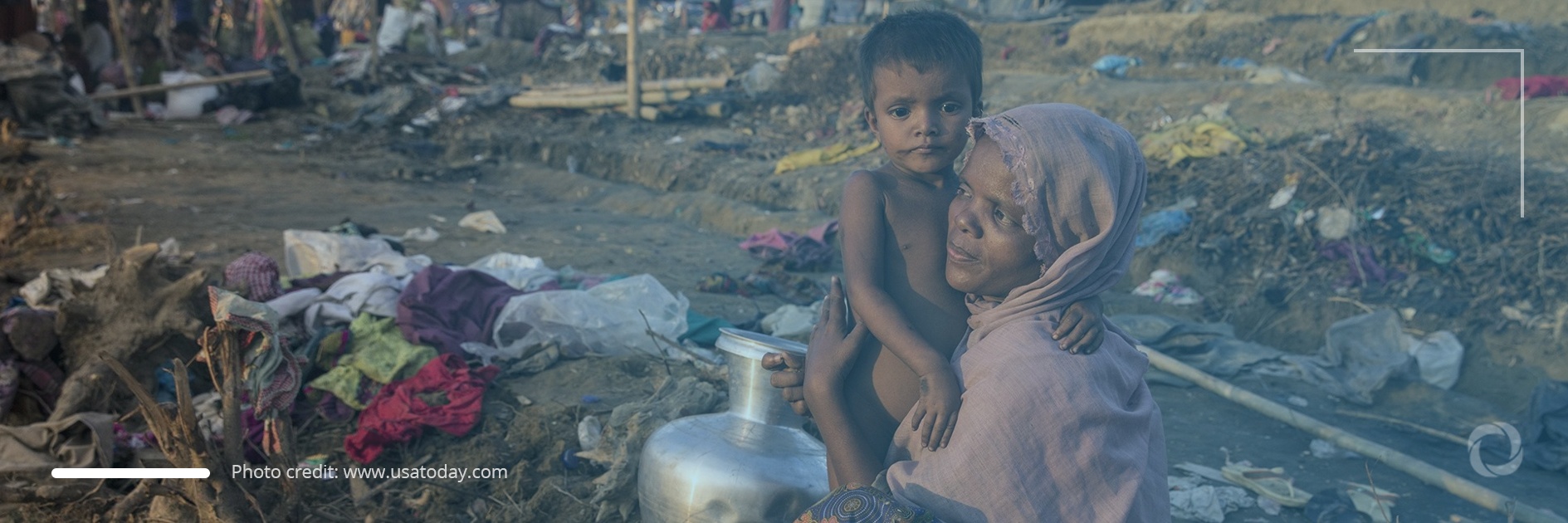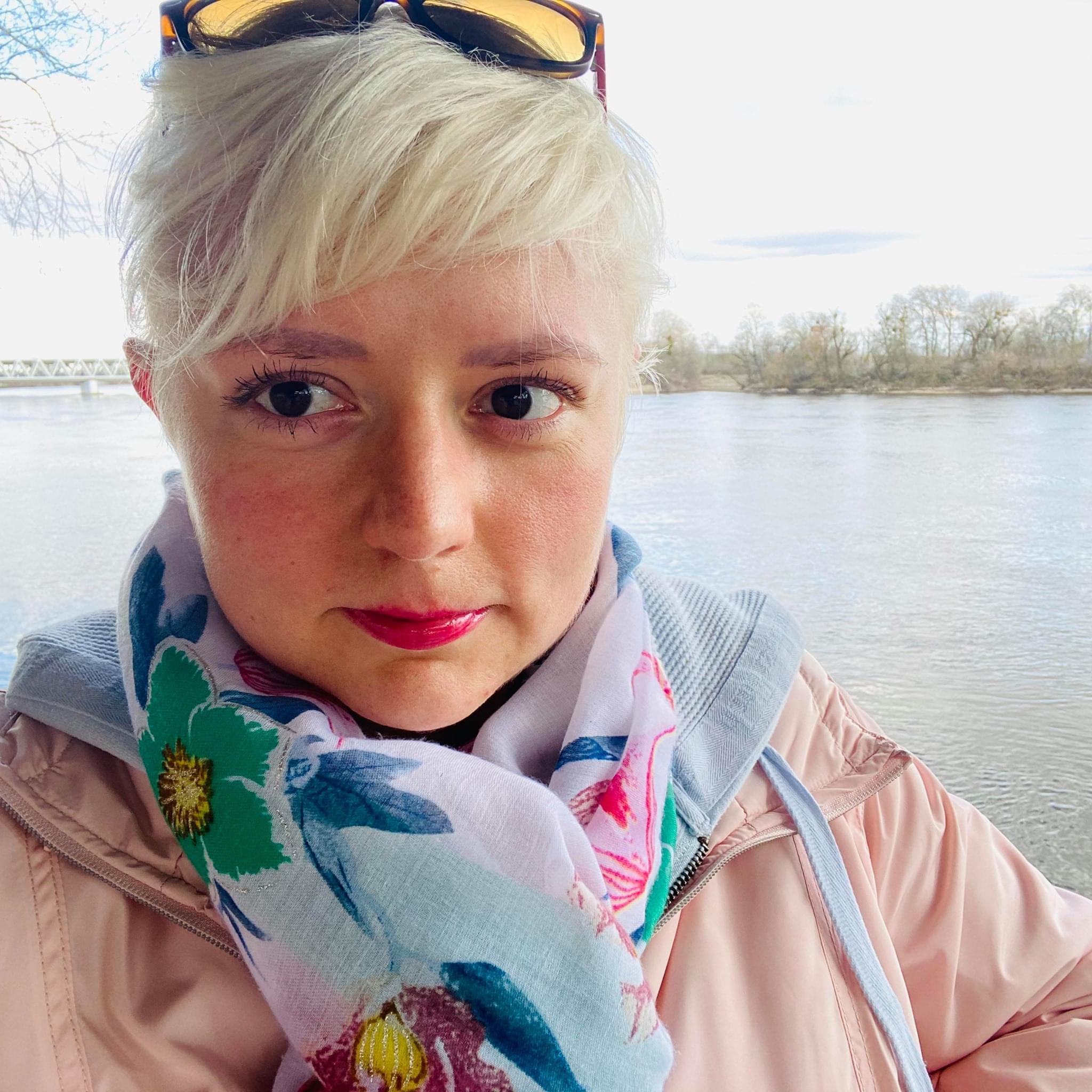Millions of people living in extreme poverty in Bangladesh will be affected by the UK’s decision to cut aid to the country’s largest aid non-profit, BRAC Bangladesh, the organization has said.
Since 2011, thanks to aid from the UK, BRAC has been able to help 110 million people in Bangladesh including 4 million children, many with disabilities, who were given the opportunity to receive education. Thanks to British support, BRAC carried out a non-formal school program in Bangladesh which benefitted 12 million children and helped 2 million households to escape extreme poverty.
When contacted by DevelopmentAid, BRAC remarked, “The UK government said in May 2021 that they would not be part of the Strategic Partnership Arrangement (SPA) in Bangladesh during the year 2021/22.”
Apart from the SPA, the UK will also not support direct funding to the Strengthening Midwifery program in Bangladesh, implemented by BRAC University, which was in the process of training 5,500 competent and licenced midwives in the public and private sectors, the organization noted.
Asif Saleh, the executive director of BRAC Bangladesh, described the aid cut as an “unexpected dramatic fall” adding, “It’s like a gut punch. We did not anticipate it would be a complete withdrawal from the partnership. From a commitment of £200m over five years to absolutely nothing – it’s a mistake.”
Saleh revealed that BRAC would have to limit or abandon certain initiatives.
“There have been programs that have been shut down with 90 days’ notice,” he noted. “We are trying to fill the gaps. Our health program is continuing because of COVID. Our ultra-poor graduation program, our education program, is being scaled down. I’m having to make tough calls. When I’m not being able to start schools, when I’m having to stop programs to reduce child marriage, to those people, it will be seen as a betrayal,” Saleh added.
However, there still are some ongoing UK-backed projects implemented by BRAC, the organization said of which the £29.5-million-worth Disability Inclusive Development (DID) program is one. It is designed to contribute to the long-term improved well-being and inclusion of people with disabilities in low-and-middle-income countries where BRAC is a partner in a consortium led by Sightsavers which is planned to come to an end in July 2024. Another project is Strengthening Humanitarian Preparedness and Response in Bangladesh, which has provided improved shelter and sexual and reproductive health services for 500,000 Rohingya refugees. The third project is the Girls Education Challenge-Transition (GEC-T) program in Afghanistan, planned to end in 2025, which provides community-based education services for 49,150 marginalized girls.
Apart from these three projects, BRAC has confirmed that, in spite of the UK aid cut, it would continue to implement the SPA with support from Australia and Canada, albeit its budget would be cut by 30%. It also noted that “BRAC Bangladesh is proactively looking for new partners to join the SPA”.
“We hope to renew our remarkable partnership with the UK Government in Bangladesh in the future and, in line with the sector, encourage the Government to return to meeting its commitment to spend 0.7% of GNI on aid as soon as possible,” the BRAC press service told DevelopmentAid.
According to the Bangladesh Bureau of Statistics, the poverty rate in the country declined from 21.8% in 2017 to 20.5% in 2018. The extreme poverty rate also decreased from 11.3% to 10.5% during the same period. However, as of June 2020, poverty rates had hiked to 29.5%, the country’s General Economic Division reported, noting that 49.4 million people were living in poverty.


